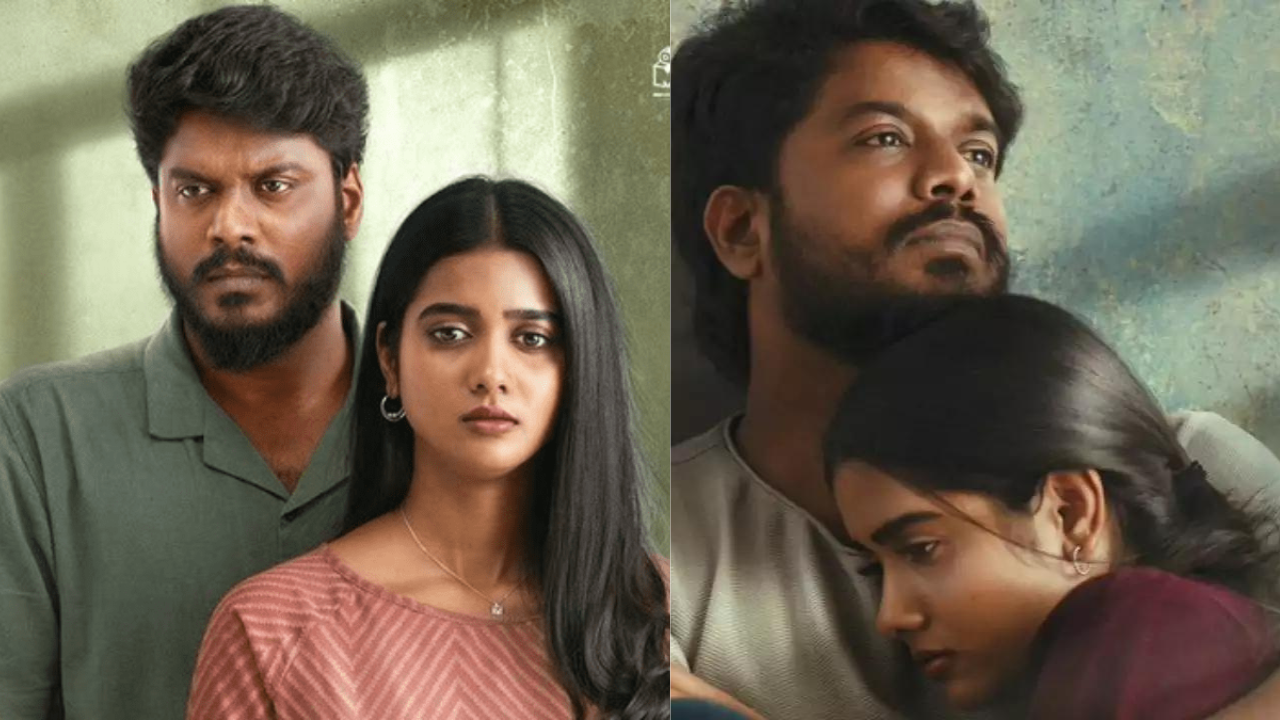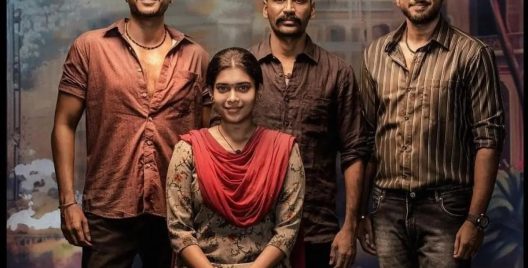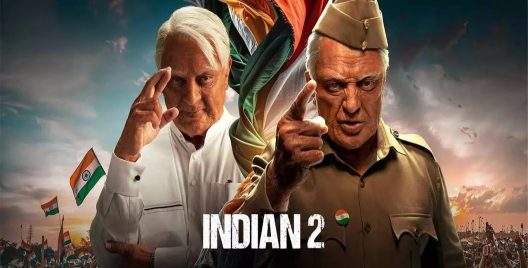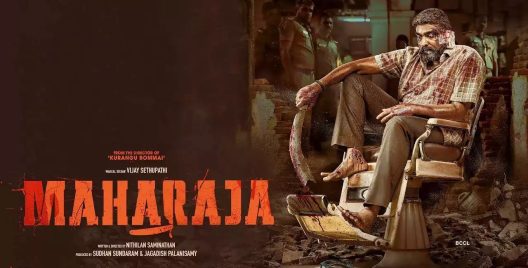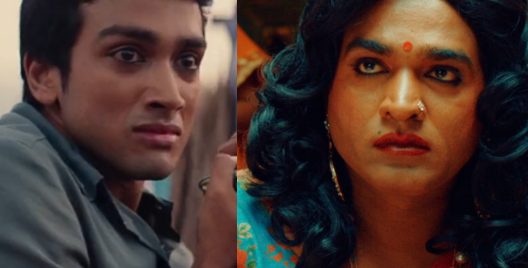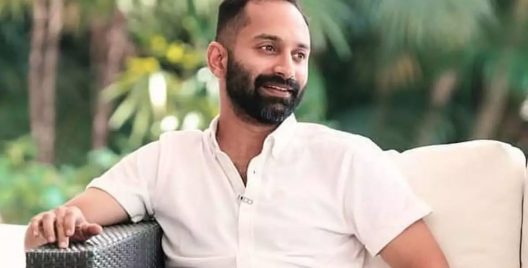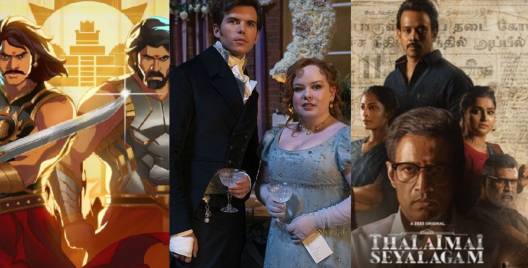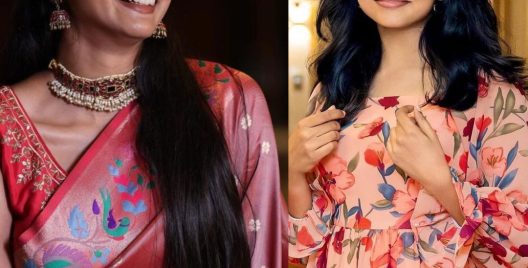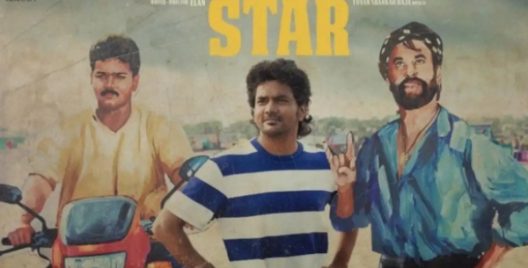Here are 10 lessons from Lover on toxic relationships:
*SPOILER ALERT
1. Possessiveness isn’t love: The film begins with Divya trying to learn how to surf on the beach with her colleagues. She avoids being photographed, and the reason soon becomes apparent. Arun, her boyfriend, is extremely possessive about her, and she knows that he would be angry if he found out. Arun’s insecurities about other men in Divya’s social circle flares up every now and then, and it is Divya who has to bear the brunt of his rage. Several films have romanticised such insecurities – that only a man would know how other men think about their partners – as “love” and “caring”. However, Lover shows us very clearly that Arun’s actions suffocate Divya, and she has to resort to lying to protect herself.
2. Entitlement isn’t love: Arun believes that he has the right to give and deny freedom to Divya. In a conversation with another man, Arun asks how the latter gives his girlfriend so much freedom. When he is told that nobody can “give” someone their freedom, Arun is unable to grasp the idea. He firmly believes that he knows what’s best for Divya, and that he can dictate to her where she should go, with whom she should go and how she should dress. He is unable to understand that he does not own her just because they’re in a relationship. The absurdity of his views – held by many men in real life – becomes apparent through other characters and their responses to him, most of all Divya herself.
3.Control isn’t love: Throughout the film, Arun tries to keep Divya under his control because he’s afraid of losing her. Whenever he goes overboard and she objects, he indulges in violence and then emotional blackmail to get her back. He firmly believes that he is doing all this out of love. One of Divya’s colleagues tells him that if he actually loved Divya, he wouldn’t behave like this. But, Arun is unable to come to this realisation. He bombards her with phone calls, messages – and when nothing works, threats of suicide – to make her come back to him. He cannot see Divya as an equal in the relationship, and thinks of her as someone he needs to control if they’re to be together.

4.It’s hard to end a violent relationship: On average, it takes a woman seven attempts to walk out of a violent relationship. In many cases, women are also financially dependent on these men. In Lover, however, Divya is financially independent while Arun isn’t. Arun’s mother is also financially independent, but she too is a victim of abuse in the hands of her husband. Still, both the women find it extremely difficult to end these toxic relationships. Divya tries to break up with Arun multiple times, but succumbs to his apologies or extreme measures each time. Arun’s mother, on the other hand, is waiting for Arun to set up his own home so she can move in with him. She’d rather take her own life than end the marriage. It’s only when Divya calls off her relationship with Arun that his mother too decides to file for divorce.
5.Women cannot be men’s rehab centres: Divya recognises that her relationship with Arun is detrimental to her well-being. Still, she thinks it’s on her to bear with him because he will spiral otherwise. She feels guilty for ending the relationship each time because Arun’s self-destructive behaviour becomes more acute when she does so. His mother, too, reiterates that Arun would be a reformed man if only he were to marry Divya. Arun’s alcoholism, his incessant smoking, penchant for violence, and suicide attempts require professional help. At the very least, it cannot be Divya’s responsibility. The film does not, but could have shown Arun seeking help for de addiction and depression – his transformation is difficult to achieve without medical intervention and support groups.
6. Growing up in an abusive home takes a toll on the kids: There is a background to Arun’s abusive behaviour. His father has two wives, and is extremely abusive towards Arun’s mother. From physically assaulting her to taking her money without her consent, there are several ways in which Arun’s mother is abused. Arun hates his father, but without realising it, he becomes just like him. There’s a scene when Divya hides a hickey on her neck at her workplace, and another where Arun’s mother hides a bruise on her face before going to her workplace. But in due course, Divya recognises that her future with Arun will resemble that of the relationship between his parents. Arun’s closest model of an intimate relationship is his parents’ marriage, and as much as he struggles to move away from his father, the behaviour he has absorbed has a terrible hold on him.
7.An abuser can be anyone: Madan (Kanna Ravi), Divya’s colleague, seems like a very nice guy. He is gentle and has an air of sophistication about him. He seems everything that Arun is not. But later in the film, he confesses to Divya that he too was intensely possessive and controlling towards his former girlfriend. He admits that he was jealous and insecure about her fame and popularity as an Instagram vlogger, and that this made him behave badly towards her. This is why he continues to be compassionate towards Arun even if the latter lashes out against him.

8.Walking out is a valid choice: Unlike several Tamil films where a couple reuniting after a breakup – no matter how abusive the relationship – is considered to be the ideal ending, Lover makes the brave choice of allowing the female lead to stick to her decision. Though she is riddled with guilt and he is hurt and angry, the film validates the choice of ending the relationship. We see the relationship from both their perspectives – it’s not only his tears and his rage and his frustrations. So, instead of a “soup” song about how women are heartless for breaking up with men, we get a mature rendering of what such a relationship feels like for both parties. In one scene, when Arun complains that she has changed too much, she tells him that perhaps this is who she is, and he’s unable to accept it.
9.It’s possible to heal: The film shows us how Arun and Divya are doing two years after their break-up. While he has finally managed to set up his own cafe, she has been promoted at work. Both of them look well and appear to have made their peace with the past. In the past, Arun was hurt by Divya’s words comparing him with his father, but in the present, he serves her a slice of apple pie – her favourite – when he sees her at his cafe. He does not attempt to make any romantic overtures and offers the pie as perhaps a ‘thank you’ gesture. Arun’s mother, who had once given up on life, is also shown to be setting up a garden and enjoying the fruits of her labour.
10.It’s possible to move on: Till the point that Divya compares Arun to his father, he repeatedly apologises to her and begs for another chance. But, it is at that moment that he begins to see his father in himself. It hurts him immensely but he walks away from her at last. He also stops saying “sorry” – his journey towards understanding that he wasn’t a lover but an abuser has just begun. He reiterates the “bye” that he tells Divya in the past once again in the present. Just as she has moved on, he has too, though both of them still care about each other. The film ends where it began – on the beach. But this time, Divya is surfing with confidence. She is alone and she is enough.




